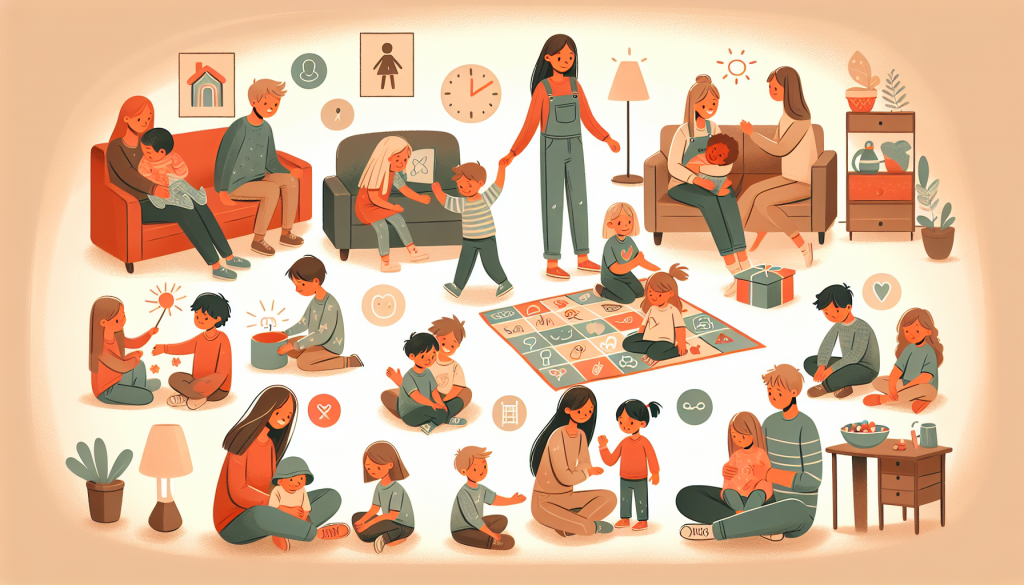Encouraging Children to Value Their Friendships
Friendships play a crucial role in the social development of children. They are not just a source of fun and companionship, but also a fundamental aspect of emotional health and cognitive growth. As parents, nurturing your children’s ability to value and sustain friendships can greatly impact their overall development. Understanding and facilitating these social connections will help you foster a supportive environment that encourages your child’s growth. This article explores key insights into why friendships are important and offers practical parenting tips to help your child thrive socially.
Main Points
The importance of friendships in childhood cannot be overstated. Research indicates that strong social connections contribute significantly to a child’s emotional well-being, providing a sense of safety and belonging. Cognitive-behavioral therapy (CBT) principles emphasize the need for safety, autonomy, and self-expression, all of which are nurtured through friendships.
Studies show that children who are encouraged to develop friendships tend to exhibit higher self-esteem and reduced anxiety levels. For instance, this article on Child Mind highlights that children with strong peer relationships are better equipped to handle stress and conflict, as they have a support system outside of their family.
Moreover, the skills learned through friendships, such as empathy, communication, and collaboration, are invaluable for personal and academic success. These relationships offer children a platform to express themselves and experiment with different roles and behaviors in a safe and supportive environment.
Practical Recommendations
- Model Healthy Relationships: Demonstrate positive social interactions in your own life. Children often emulate adult behaviors, so showing them how you maintain friendships can set a great example.
- Encourage Playdates: Organize regular playdates to help your child practice social skills in a relaxed setting. This can also help you observe your child’s interactions and guide them when necessary.
- Teach Emotional Literacy: Help your child articulate their feelings and understand others’ emotions. This can be achieved through role-playing or discussing scenarios they encounter in their social interactions.
- Promote Problem-Solving: Encourage your child to resolve conflicts independently by asking them open-ended questions about how they might approach a situation.
- Celebrate Diversity: Teach your children to appreciate differences in others. This will not only help them make friends more easily but also enrich their understanding of the world.
Conclusion
Fostering friendships in childhood is a vital aspect of social development that carries numerous benefits for emotional and cognitive health. By actively engaging in your child’s social life and providing them with the tools to navigate friendships, you are setting them up for success. Encouraging your children to value their friendships will not only enhance their growth but also equip them with essential life skills. Remember, the effort you invest in your child’s social development today can lead to a lifetime of rewarding relationships.

